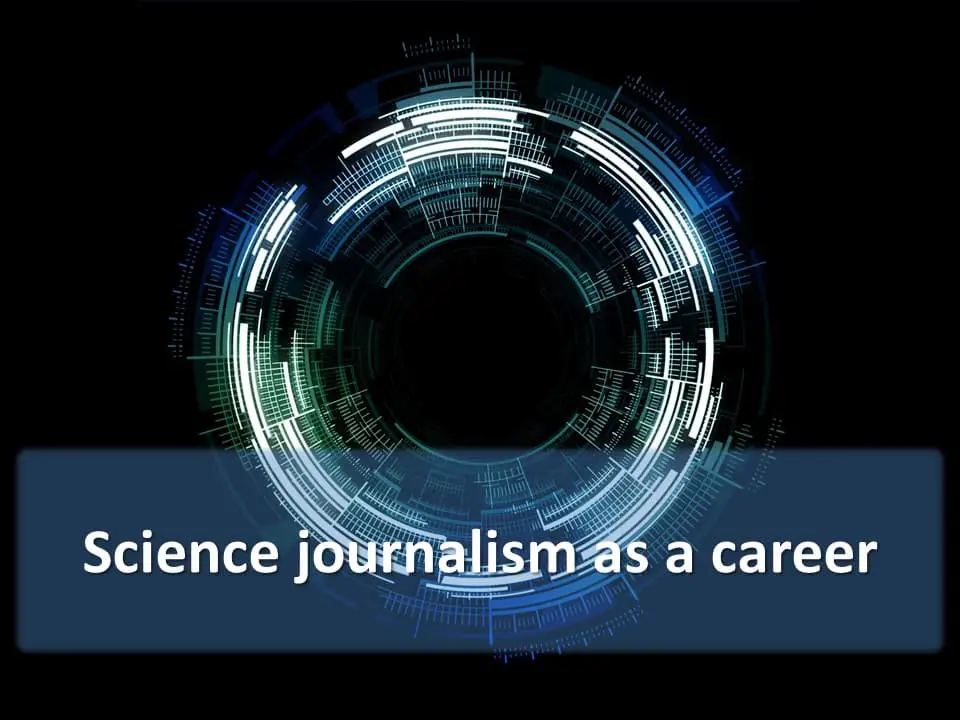Introduction
Science journalists cover some of the complicated, exciting and vital issues daily that range from climate change impacts to rising infectious diseases. They use words, pictures, and graphics to generate persuasive stories on science that come in the newspaper, magazines, online, radio, and TV. Nowadays, it is getting published in videos and podcasts as well. The field is evolving rapidly and presents both opportunities as well as challenges. Readers and advertisers are now migrating towards the internet and various digital platforms, which has led to a decrease in print publications. This implies jobs are now less in traditional print media, and opportunities are growing in the digital world. This article is about science journalism as a career.
Table of Contents
What is science journalism?
A science journalist covers subjects that range from combative growths in embryonic stem cell medicine to discoveries in our solar systems and the regulation of genes. Science journalists also offer analysis, context, and perspective by exploring any discovery’s political and social inferences.
Science journalism also serves as one of the major routes through which complicated scientific issues converse to a broad audience. A journalist covers various issues where science has impacts on policy and society. A journalist also holds scientists and the whole scientific process to scrutiny. They inspect uncertain statistics; they investigate scientific misconduct, ethical breaches, and conflicts of interest. In short, they are the cool critics of science.
In several ways, science journalism is the same as research. When they find any aspect of science that captivates them, they spend somewhere between two hours to two weeks based on the deadline, research it and tune it into a story making use of writing, sound and video. Then it is rapidly published or broadcasted so that many people go through it or watch it.
It is a vital profession as it includes investigation, analysis and communication that are important to society, like human health and pollution. If you are from a science background and possess the capability for communication of complicated topics, then you may have chops for being a science journalist.
If you are reading our article for the first time, we post career related articles on this website. Search Labmonk blog on Google to know more about us.

